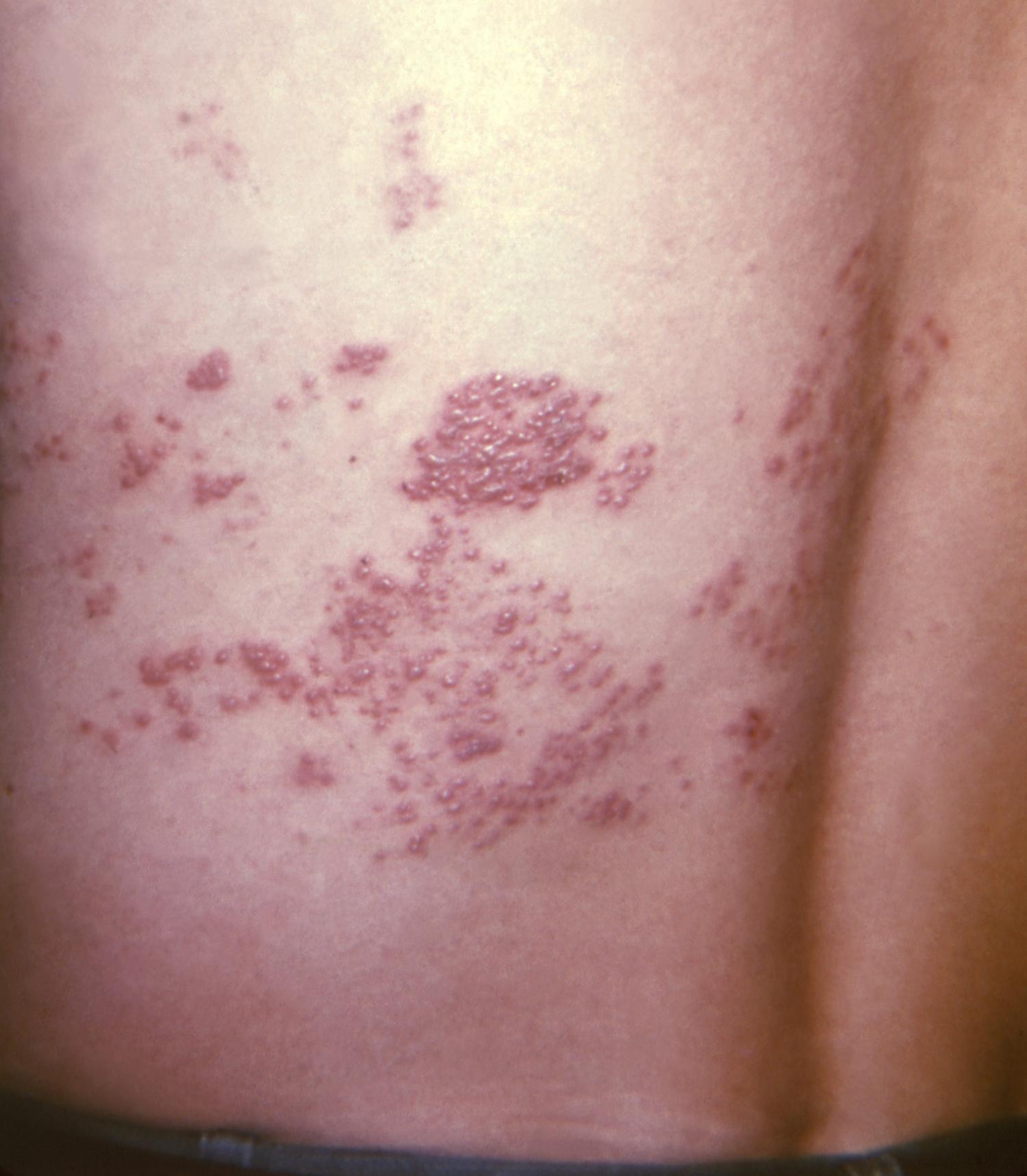An observational study today in Alzheimer's Research & Therapy suggesting that a single episode of shingles is tied to a 20% higher risk of long-term confusion and memory loss further supports receiving the vaccine against the disease.
Shingles—also known as herpes zoster (HZ)—is a painful rash caused by the same virus (varicella zoster) that causes chickenpox. After chickenpox infection, the virus remains in the body for life and may reactivate even decades later. Nearly all Americans aged 50 years or older have had chickenpox and are therefore vulnerable to shingles.
Prospective cohort studies lacking
Researchers from Brigham and Women's Hospital led the study of 149,327 participants in the Nurses’ Health Study (NHS), the NHS II, and the Health Professionals Follow-Up Study (HPFS) to assess the link between HZ and subsequent subjective cognitive decline (SCD). Participants were aged 25 to 75 years, and data were collected from 2000 to 2017, depending on the study.
The team compared 3-unit–increment changes in SCD scores among shingles patients by years since the shingles episode with those of uninfected participants by analyzing the results of medical records and health-status surveys administered every 2 years.
The study authors noted that shingles may contribute to cognitive decline through neuroinflammation, direct neuron injury, or the activation of other herpesviruses but that evidence on the long-term association between HZ and SCD is inconclusive. "Prospective cohort studies on the association between HZ vaccination and cognitive decline are also lacking," they wrote.
Vaccine could help protect against cognitive problems
Relative to participants with no HZ, infected participants showed a 20% greater multivariable-adjusted relative risk (MVRR) of a 3-unit increment in SCD score.



















